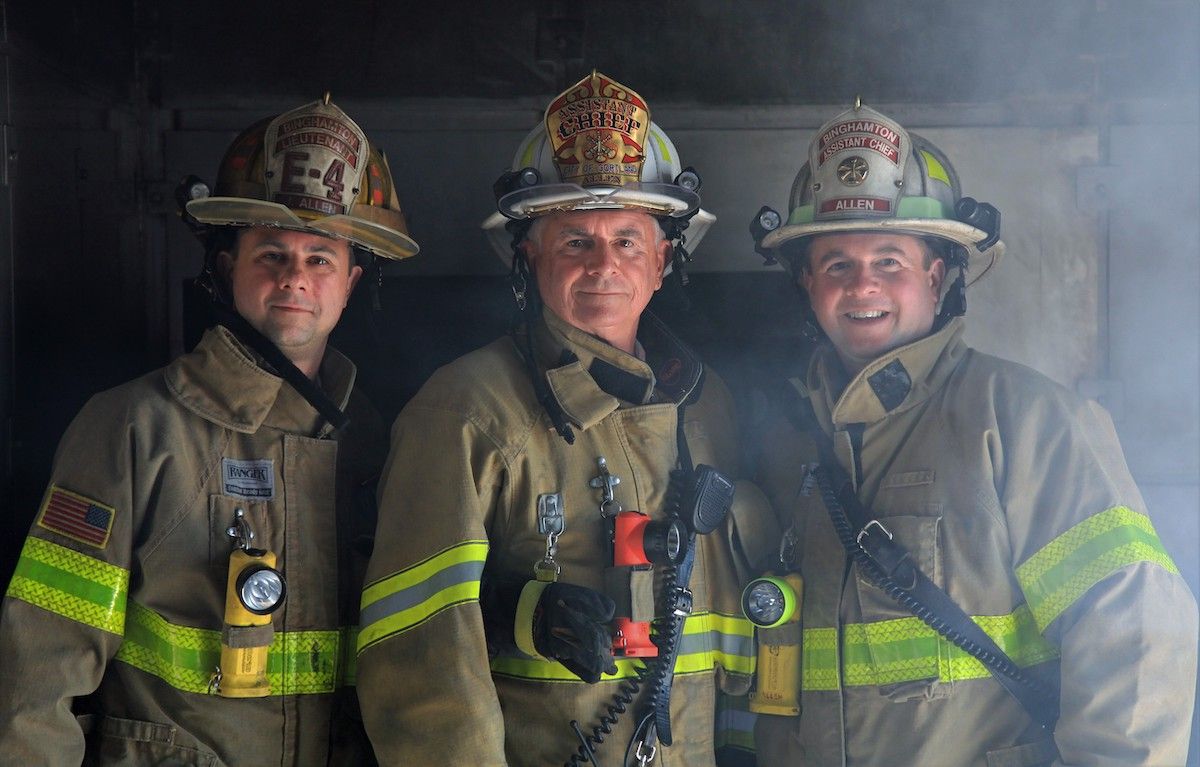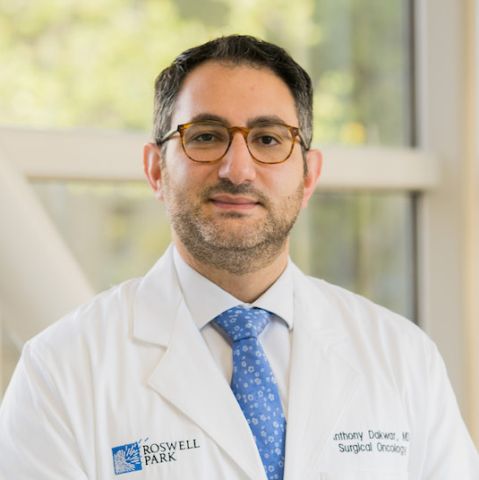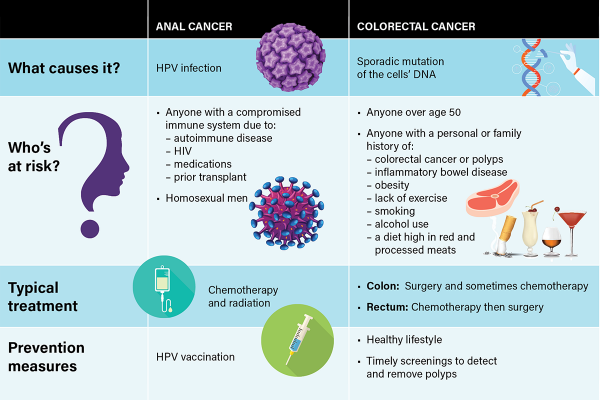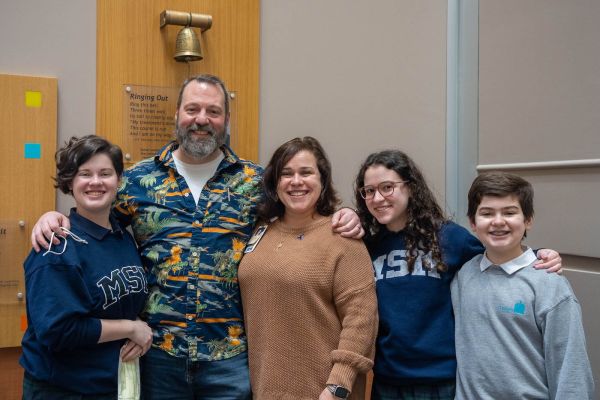Advanced, robot-assisted surgery worth the 3-hour drive to Buffalo
When Richard J. Allen, Sr., 76, learned he had early-stage rectal cancer in January 2023, he was given two options for treatment.
With the first option, Richard would wait nearly three weeks before he could even be scheduled for surgery at a hospital near his home in Cortland, NY. The surgery would involve incisions in his abdomen, colon and rectum to remove the tumor and reattach the colon to the rectum, a colostomy bag, and a three-to-five day hospital stay, followed by chemotherapy and radiation treatment.
With the second option, Richard could meet with noted colorectal surgeon Anthony Dakwar, MD, FACS, at Roswell Park Comprehensive Cancer Center within a week. There, he’d learn he was a candidate for robotic trans-anal minimally invasive surgery (rTAMIS), a cutting-edge procedure offered only at select facilities around the world. The surgery would involve only a small incision in the rectum where, using a da Vinci robotic surgical system, Dr. Dakwar would remove any tumors, suture the incision and the next day Richard would likely be able to go home with “just a sore butt.”
For Richard, the choice was a no-brainer. “It took me three hours to drive to Roswell Park for my first visit with Dr. Dakwar, but after hearing what he had to say, it took only a few minutes to decide that Roswell Park is where I wanted to be treated, and the GI team scheduled my surgery for the following week.”
The importance of regular colorectal screenings
Richard has done a lot of things in his life, including serving as a volunteer firefighter and fire investigator for 50-plus years, writing a book about railroads in New York state, playing on a hockey team with his adult sons, biking local rail trails with his wife, and raising budgies. But one thing he’d never done until he was 76 was have a colonoscopy.
“I know now that the recommended age for colorectal screening tests is 45, but since there was no history of colorectal cancer in my family and I never smoked, I thought everything was hunky-dory until I noticed blood in my stool in July 2022,” Richard says. “That September, I told my doctor about it, and after several tests, an exam and a colonoscopy, I heard those dreaded words: ‘You have cancer.’ I was devastated.”
At a consultation with a colorectal surgeon in nearby Syracuse, the surgeon laid out his treatment plan: a traditional abdominal surgery, followed by chemotherapy and radiation. "I told my general physician, who replied, ‘Whoa, that sounds pretty aggressive.’ Fortunately, he knew some people who’d been treated for gastrointestinal cancer by Dr. Dakwar at Roswell Park, and he suggested I contact Roswell Park for a second opinion.”
A second opinion at Roswell Park changed everything
From his first phone call to Roswell Park, Richard was impressed. “The person on the phone listened to my story and right away I was transferred to the GI department, who arranged to get my medical records and made an appointment for me the following week. From the moment my wife Kelly Ann and I walked in the door at Roswell Park, everyone was friendly and helpful. The facility is easy to get to and is bright and beautiful. My blood draw was quick and efficient. And, as a firefighter, I was really impressed to later learn that Roswell Park has special outreach programs that offer early cancer screenings to firefighters, who face additional risk of cancer due to on-the-job exposure to toxins.
“Next, I met Dr. Dakwar who had already reviewed my records and medical imaging and had discussed treatment options with a team of his colleagues at Roswell Park. He was so approachable, and he clearly explained that while the first treatment option I was given was ‘not wrong,’ he and his colleagues believed it was overly aggressive, and that I was a perfect candidate for robot-assisted TAMIS – a safer and much less invasive procedure.”
You have time for a second opinion
An accurate diagnosis and evaluation by a multispecialty team that focuses on colon and rectal cancer every day is important before deciding the best course of treatment for your specific cancer.
Learn moreAdvanced procedure offered less aggressive treatment
“Whenever feasible, minimally invasive surgery is preferred over open surgery,” says Dr. Dakwar. “Minimally invasive laparoscopic surgeries typically result in shorter hospital stays, faster recovery time, less pain and easier pain management and less blood loss during surgery.
“During non-robot-assisted TAMIS, a laparoscopic port is placed into the anus. The surgical instruments are passed through the port to the rectum. Visually aided by a two-dimensional camera in the laparoscope, the surgeon locates the tumors and manually manipulates instruments to remove the lesions or masses and suture the micro-incision in the rectum,” Dr. Dakwar explains.
“Robot-assisted TAMIS, like the kind we can perform at Roswell Park, takes this to an even more precise level. Using the da Vinci robotic surgical system with a three-dimensional camera, the surgeon views and manipulates the instruments from a console. The robotic tools are more flexible than traditional laparoscopic tools and are steadier than wrist-operated tools.”
Since 1997, Roswell Park has been at the forefront of training surgeons from around the world on robot-assisted procedures, allowing patients to receive state-of-the-art care using less invasive methods. Robot-assisted TAMIS is a relatively new procedure and Dr. Dakwar is one the few GI surgeons in the region trained to perform this procedure.
“That is just one of the advantages of being treated at a high-volume National Cancer Institute-designated comprehensive cancer center like Roswell Park,” says Dr. Dakwar. “Doctors at hospitals that are not comprehensive cancer centers may not have the training or high-end equipment to perform surgeries like rTAMIS. Additionally, our tumor board of GI surgeons, medical oncologists and radiologists meet and consult with each other to determine the best individualized approach for each patient.”
Worth the trip to Roswell Park
When Richard and Kelly Ann returned to Buffalo for his surgery, “the team at Roswell Park could not have been more accommodating. Knowing that we live three hours from Buffalo and that Kelly Ann would want to stay overnight, the folks at Roswell Park told us about a hotel two blocks away that offers a discount to patients and their families,” Richard says.
Noting that Richard was nervous about having general anesthesia, Kelly Ann watched as the team helped make him at ease, talking and joking with him. “They asked him about his favorite food – ice cream with sprinkles — and that’s what he ended up thinking about when he woke up and what he had for dinner later in his hospital room,” Kelly Ann laughs.
Richard also recalls the kindness of the nurses who cared for him post-surgery. “While checking on me overnight, nurse Rich kept the light low so I was able to easily go back to sleep. At the end of her shift, night nurse Stephanie stopped by to give me a hug and wish me good luck. Small gestures like that made a big difference.”
The day after surgery, Richard and Kelly Ann headed home. “Other than a sore butt, I felt fine,” Richard says. “I had to laugh when two days later, after no follow-up from my initial contact three weeks earlier, the medical center near Syracuse called to tell me they could finally schedule my surgery.” A week after his surgery, Richard and Kelly Ann again met with Dr. Dakwar. “Even with his mask on I could tell Dr. Dakwar was smiling when he said, ‘Mr. Allen, you are now cancer-free.' I learned that I was very lucky, as Dr. Dakwar said my tumor had grown since the original images were taken.”
Words of advice
In hindsight, Richard has some simple words of advice regarding his experience. “Get your cancer screenings at the recommended age – or even earlier if you have a family history of cancer or if you are a firefighter or a person who is routinely exposed to cancer-causing agents. And I can’t stress this enough: If you’re told you have cancer, whenever possible, get a second opinion from cancer experts at a dedicated cancer center. Get to Roswell Park.”
Editor’s Note: Cancer patient outcomes and experiences may vary, even for those with the same type of cancer. An individual patient’s story should not be used as a prediction of how another patient will respond to treatment. Roswell Park is transparent about the survival rates of our patients as compared to national standards, and provides this information, when available, within the cancer type sections of this website.




